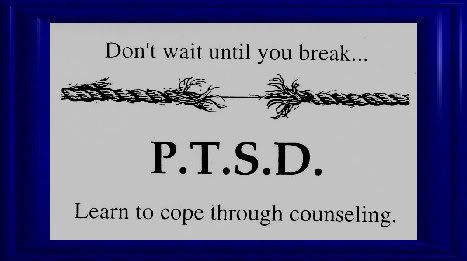With three full tours in Iraq, equaling 3 years and 3 months, my son is home now, with a full medical discharge and many sessions of counseling that have already been started. As to how long his counseling will be, it is all based on how he progresses.
When my son came home from his first tour in Iraq, he reassured me all was “OK”. He seemed “normal”, no complaining. He spoke highly of the civilians and how the Iraqi’s wanted our help to protect their families. My son did not speak much about what happened in Iraq. He had a security clearance, so I did not question much about what went on there.
The second tour was a different story. He would get short and angry when he called. I could not ask many questions. As time went on, the anger, the impatience, the negative behavior became more noticeable until help was finally on its way – after tour three.
Clinicians identify the pattern: the anger, the alcohol, and the fear of emotion (Roger, 2008). In this study, the psychologists try to overcome some of these issues by using virtual reality exposure therapy on the soldiers, over time, by simulating a military convoy in Iraq as a treatment. By this they can identify their symptoms, their behaviors and work with each soldier individually.
Reger, G. M. (2008, August Issue 8). Virtual reality exposure therapy for active duty soldiers. Journal of Clinical Psychology, pp. 940-946.


No comments:
Post a Comment